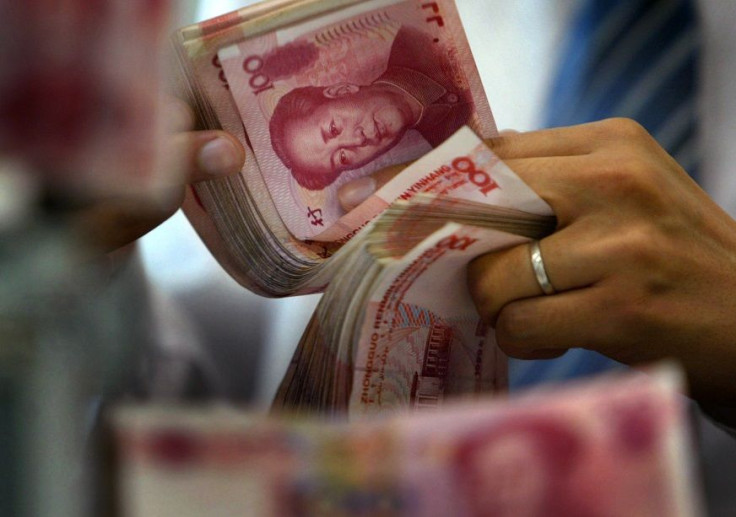IMF issues China warning: Yuan isn't undervalued but slow growth reform can lead to disorderly correction

The International Monetary Fund seeks to warn and assure as it talks "disorderly correction" and Chinese Yuan. According to the organisation, China may face such correction as growth and reform program remain slow. However, it also claims that despite decline, the Yuan is not undervalued. What is in store for China?
IMF said that China needs to follow a fully market-based exchange-rate system in relation to the crisis. Likewise, the organisation also claimed that the country's currency is not undervalued even if against the past week's decline compared to the United States. In the same past week, China has introduced economic changes driving the market through the Yuan more. According to the Wall Street Journal, currency traders and economists consider this as an improvement as opposed to the previous system. The changes will link the opening rates more explicitly to the closing level of the day before.
However, the system still poses considerable discretion on authorities when it comes to setting rates. Recently, the Yuan fell as much as 2.9 percent against the U.S. dollar - the biggest drop in the past years.
Despite China's move to devalue the Yuan and the widespread concern across governments and markets, IMF maintained that this can be seen as a move to change the market and turn it into a more exchange rate oriented. IMF's Markus Rodlaue discussed: "The exact impact will depend on how the new mechanism is implemented going forward. "China can and should aim to achieve a full floating exchange rate system within two to three years."
He also added on China's Yuan as a reserve currency: "The announced change has no direct impact on the criteria used in determining the composition of the basket." China further added that recently growth in fixed asset investment, retail sales and industrial production all fell following reports of declining exports.
Contact the writer at feedback@ibtimes.com.au, or let us know what you think below.




















